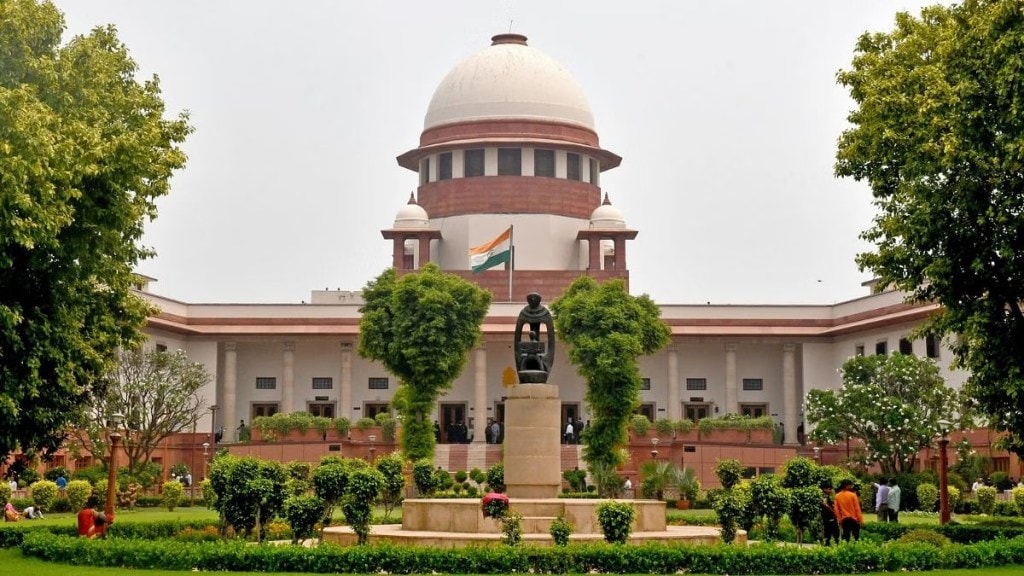The Supreme Court on Friday questioned the National Board of Education’s last-minute changes to the NEET-PG 2024 exam pattern, calling the move “very unusual” and warning that students could experience a “meltdown.”
A bench led by Chief Justice DY Chandrachud heard arguments from senior advocate Vibha Datta Makhija and lawyer Tanvi Dubey, representing the students. The court asked the National Board of Education (NBE) and the government to respond within a week, setting the next hearing for September 27.
Makhija said the changes included adjustments to the exam pattern, mark normalization, and the release of answer keys and question papers for the National Eligibility cum Entrance Test for Post-Graduation (NEET-PG), which took place on August 11.
She added that the changes were made just three days before the exam, leaving students confused and unprepared due to the lack of clear guidelines.
“There needs to be a standardised approach,” Makhija argued, adding that there were no regulations to determine how the exams should be conducted. “Everything was dependent on a single information bulletin which can be modified at the whims and fancies of the authorities.”
The National Board of Education’s counsel disputed these claims, stating that nothing new or unusual had been done.
“It is very unusual… Three days before the examinations (exam pattern was changed) …students will have a meltdown,” Chief Justice Chandrachud said and listed the pleas on September 27, keeping in mind the upcoming counselling for admissions in postgraduate courses.The plea, filed by Ishika Jain and others, was last heard on September 13.
The plea, filed by Ishika Jain and others, was previously heard on September 13. It seeks the release of NEET-PG 2024 answer keys and question papers, along with standardised marking, after the exam was divided into two parts to ensure transparency.
NEET-PG, which is held for admissions into postgraduate medical courses like MBBS and BDS, has raised concerns after the results, announced on August 23, left many students with unexpectedly low rankings.
Many students compared their scores with unofficial answer keys and questioned discrepancies in the ranking process. They called on the NBE to release official answer keys and establish a grievance portal to address these issues.
Makhija previously pointed out that the NBE had not released the question papers or answer keys. Without this information, candidates cannot accurately assess their performance, compromising transparency.

